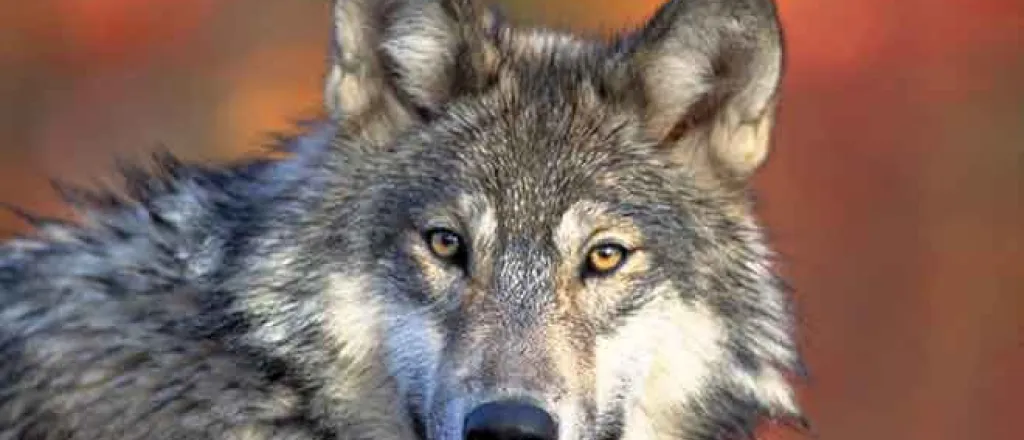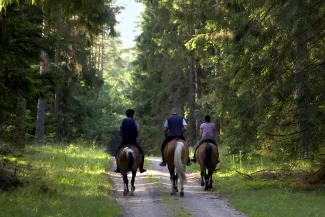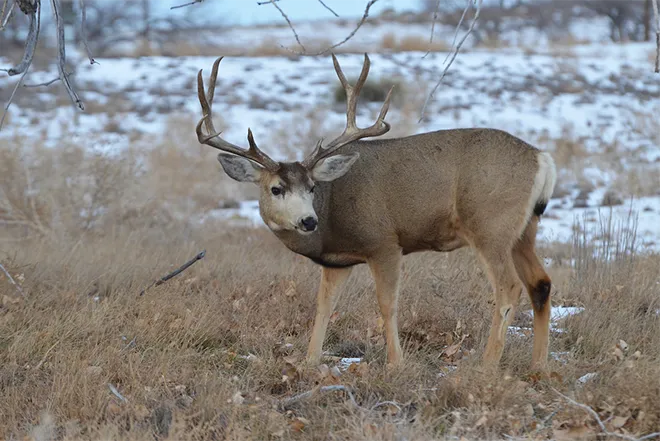
Wolf poaching affects recreation in Oregon
Click play to listen to this article.
(Oregon News Service) Groups in Oregon are warning wolf poaching poses a threat, not just to the creatures targeted but to people who enjoy the outdoors.
Poaching was a big issue in 2023 and again this year, especially through poisoning.
Bethany Cotton, conservation director for nonprofit conservation organization Cascadia Wildlands, said the wolf population did not grow in 2023 for the first time since the species returned to the state and a high rate of deaths has continued in 2024, largely caused by humans.
In May, the Oregon Department of Fish and Wildlife started warning recreationists to keep their dogs on leashes because of potential exposure to poisoning meant to illegally kill wolves.

© amaxim - iStock-144283539
Cotton noted she decided against visiting eastern Oregon because of it.
"I have two rescue dogs, and I was invited to some friends' property out there and to spend some time out there this summer and I chose not to go," Cotton recounted. "Because it's too high a risk to go camp or hike in that part of the state right now knowing that this is happening."
Cotton acknowledged the investigation into a wolf's death takes time but poisonings are indiscriminate. In February, a poisoned cow carcass in Hells Canyon National Recreation Area killed three wolves, two golden eagles, a mountain lion and a coyote. The poaching led to the Department of Fish and Wildlife's May warning. The wolf count was 178 at the end of 2023.
Groups have banded together to take on poachers with the Turn-In-Poachers program. The collaboration is between O-D-F-W, the Oregon State Police, the Oregon Hunters Association, the Oregon Wildlife Coalition, the Oregon Outfitter and Guides Association and the Oregon State Marine Board. Rewards have been offered for tips on poachers but have not led to any arrests or convictions.
Cotton wants to see the silence around poaching events broken.
"We really do hope that those with knowledge about this poisoning incidents or future poisonings will come forward because of the possibility and the reality that it impacts far more than wolves," Cotton emphasized. "It impacts lots of other species and has impacted dogs and very likely will again in the future."
Cotton added healthy wolf populations are good for humans, including controlling diseases like chronic wasting disease in deer and elk and reducing vehicular accidents with deer.
"They bring a lot of benefits to the landscape," Cotton stressed. "It's been a huge success story that wolves naturally recolonized Oregon after having been absent for so many decades, and we just need to really learn to coexist with them like humans and wolves did for millennia."
















